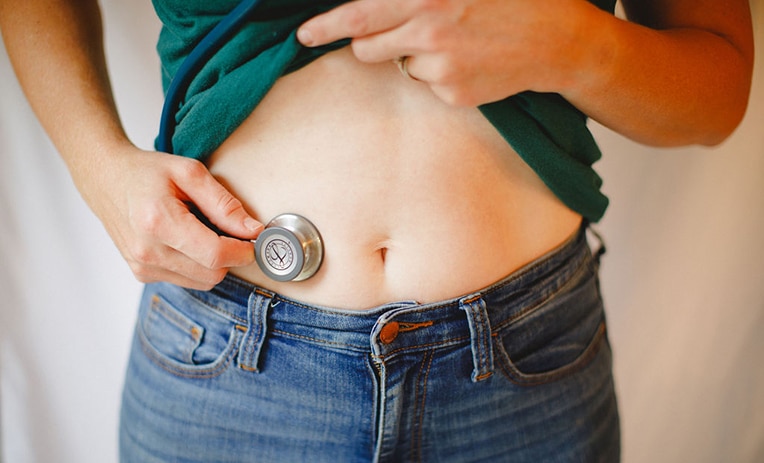A Recent French study, Food intolerance at adulthood after perinatal exposure to the endocrine disruptor bisphenol A published in the journal FASBE Journal, found a convincing link between exposure to bisphenol and food allergies and sensitivities. The study also showed that there was a significant impact systemically on immune system function with exposure to BPA A, 15 days after conception till the time of weaning. While this study was completed in rats, the dose of exposure to BPA in this study was comparable to a safe “non harmful dose” in humans, a dose similar to what we might receive from dietary sources.
There was an larger human survey 2003 – 2006 where negative effects in human immune function were seen in those individual with chronic exposure to BPA. Other studies have demonstrated the extent of our exposure of BPA by showing its presence in umbilical cord blood, amniotic fluid, breast milk, saliva, blood and urine. A 2003 study by the Environmental Working Group on breast milk in 20 American women found unexpectedly high levels of flame retardants in EVERY participant. These finding have been repeated and confirmed in multiple large population studies in women around the world.
Bisphenol A is a monomer commonly used in the production of plastics for food packaging and in resins that are used to line aluminum cans. It is also used in dentistry as a sealant and composite. Unfortunately, due to the levels found in humans it is clear that this BPA is leaching into our bodies and our foods.
In Summary: the results of this study indicate at the the developing immune system is very sensitive to even low levels of BPA exposure. Exposure to BPA during this time of fetal development may predispose some to food sensitivities and food allergies in adult hood.
What can we do to reduce our exposure?
- Avoid canned food. Because most canned foods, unless otherwise noted on the can, are lined with BPA it is best to avoid them. Look for labels that say BPA free. The FDA has banned BPA from Infant formulas and baby bottles.
- Avoid plastic water bottles and food containers. These become especially compromised if they are left in a warm car, put in a cool environment (freezer), reused many times, or are in any way cracked or damaged. Best to avoid completely. Opt for glass or metal option.
- Do not heat plastics in microwaves.
- Avoid plastics with a #3 or a #7 on the bottom
- Skip the receipt at the grocery. BPA is lining the receipt paper too.
- Instead of bottled water invest in a quality water filter, this is a better environmental option as well. Check out our resource page for clean living options.
DOI: 10.1096/fj.14-255380
Resources: http://www.breastcancerfund.org/clear-science/radiation-chemicals-and-breast-cancer/bisphenol-a.html




